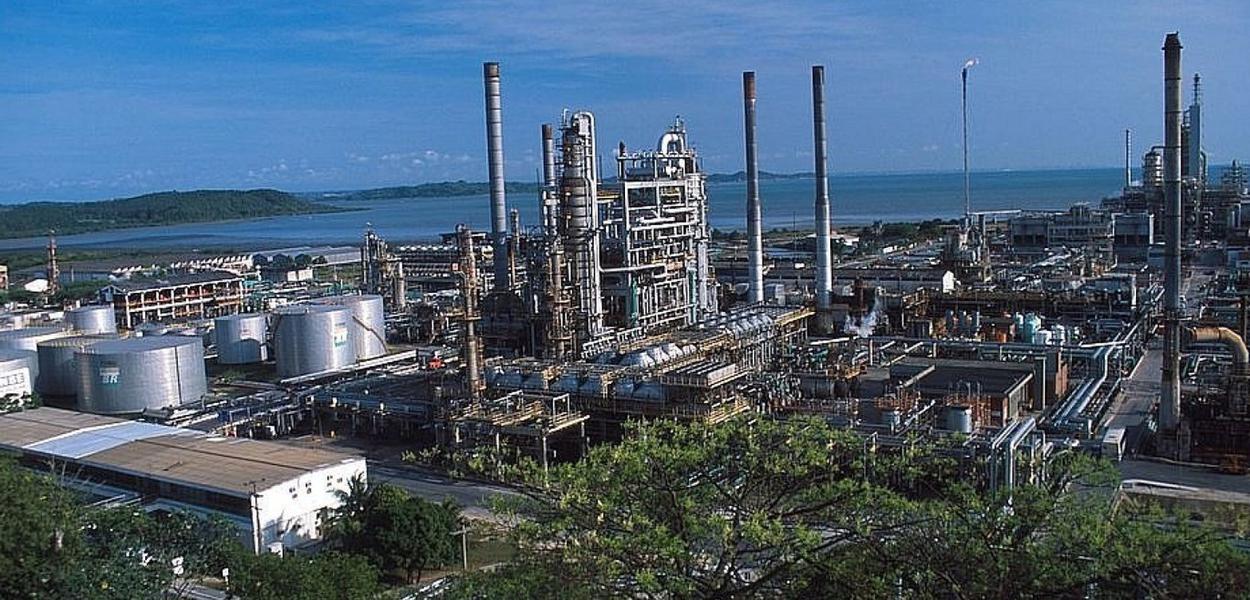
The private refinery Mataripe promoted at least three increases in fuel sales prices in January alone, making gasoline and diesel in the region even more expensive than the rest of the country.
Currently, the private refinery of Mataripe, located in the municipality of São Francisco do Conde (BA) and operated by the Arab Acelen Fund, sells gasoline and diesel at prices higher than those practiced by Petrobras. The impact is felt directly in the pockets of Bahian drivers. At gas stations in Bahia, the value of gasoline reached 3% more expensive this year, and the national average of increase in Petrobras values was 0,9%.
See also other features
- Sovereign fund Mubadala, of Prince Abu Dhabi, creates company Acelen, to manage and operate the RLAM oil refinery and aims at economic integration in the state of Bahia
- Rio de Janeiro registers an increase of more than 7% and the price of gasoline reaches almost R$ 8, reaching the second highest average in the Southeast region
- If elected, Lula says that the dollar will not serve as the basis for defining gasoline prices in Brazil, as is practiced today by Petrobras
According to the Petrobras Social Observatory, the cost of gasoline produced at the private Mataripe refinery currently costs R$ 3,32 per liter, while Petrobras charges R$ 0,14 less, on average.
A liter of S-10 diesel leaves the private refinery in Mataripe for BRL 3,67, while Petrobras transfers it to fuel resellers for BRL 0,06 less.
There were three readjustments established by Acelen throughout the month of January and only one readjustment by Petrobras (on the last 11th), making the value of gasoline and diesel even more expensive.
When it comes to the value of gasoline at the pump at gas stations in Bahia, in the last week of January, there were consumers who disbursed more than R$ 7,00.
This high price was even expected when the Arab Fund openly confronted Petrobras price movement still in 2021, contrary to the Crown Prince of Abu Dhabi himself.
Gasoline price practiced by Acelen is based on oil and dollar quotations
According to the Mubadala Arab Fund, the fuels produced by the private refinery in Mataripe are international commodities, therefore gasoline and diesel prices vary according to oil prices and the dollar.
In view of this, the Arab operator says it has clear and transparent criteria for establishing fuel prices. Furthermore, Brazil imports a lot of oil and derivatives, making the country imprisoned by the values determined abroad.
Sector executives understand that Acelen is creating a new parameter for comparing fuel prices in Brazil, since it is following changes in international values more closely than Petrobras itself.
Will privatization of refineries make the increase in the value of gasoline become a trend?
The Arab sovereign wealth fund Mubadala, owned by Prince Abu Dhabi, took over the Landulpho Alves-Mataripe (RLAM) oil refinery – now a private refinery in Mataripe – in December 2021. Hence, the company Acelen was founded with the aim of managing and operating it. The purchase was acquired from Petrobras in March 2021 for US$ 1,65 billion.
If the privatization of refineries becomes a trend in Brazil, specialists understand that what happens in Bahia could become common throughout the country.
For economist Eric Gil Dantas, from the Brazilian Institute of Political and Social Studies of the Social Observatory of Petrobras, “the purchasing company will start to charge even higher prices than we already pay today”.
Another refinery already sold by Petrobras is Isaac Sabbá (REMAN) located in Manaus (AM). The buyer was Ream Participações, a corporate vehicle owned by the partners of Atem's Distribuidora de Petróleo, for US$ 189,5 million. But it is still being operated by Petrobras.
With regard to its pricing policies, Petrobras defends alignment with international quotations to attract investment and guarantee supply.


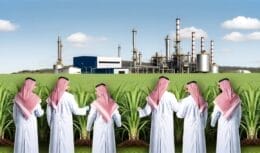


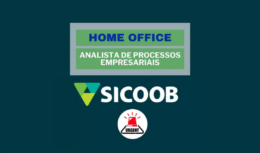


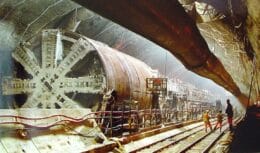
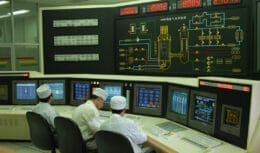


Air Force F-16 fighters…
True friend, what they shot down were…
Air Force F-16 fighters…
Well... It's flying scrap... Typical...
Air Force F-16 fighters…
I would like to know what planet you live on…
They discover the third largest deposit…
That’s why all foreigners and NGOs…
Air Force F-16 fighters…
Which genocide are you talking about? Than…
This year is one of the best!
Great car, there's just one problem...
I've already used 4 Fiat Strada and now...
I had an adventure in 2011, I stayed with her…
Beautiful car, but outdated engine
I had a 2012 when it launched. First time…
Good night, a cordial greeting,
Dude, you traveled on mayonnaise, 3 companies…